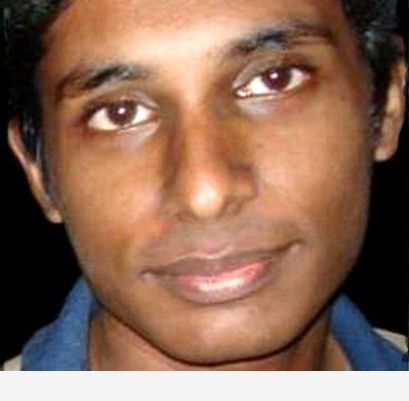RAIPUR: Defying the national trend of 33% of women getting married before the age of 18 years, the hotbeds of Naxalism in Chattissgarh – Bastar, Bijapur and Narayanpur – have less than one-fourth (25%) of women tying the knot before their legal age.
Contrary to the general perception that underage marriages are more prevalent in tribal societies, but Naxal affected areas of the state have lesser number of girls marrying before the age of 18 years even when compared to the urban cities of Chhattisgarh like Raipur and Drug.
While the latest census report 2011 reveals that across the country almost one-third of women (33%) get married before the age of 18 years, in Chhattisgarh the number of such girls over 38%. Interestingly this figure is much higher in Durg where 44.7% of women tie the knot before the legal age of 18 years. In comparison, Raipur is lower at 36.8% but if compared to the national average, its high.
In contrast, the Naxal affected and tribal dominated areas of Bijapur, Bastar and Naryanpur have far less number of women getting married before the age of 18 years. The figure is the lowest in Bijapur where only 12.27% girls married before their legal age. The figures in Bastar and Narayanpur are 22.2% and 17.45% respectively.
As far as males are concerned, in Chhattisgarh 9.74% married before the age of 18. This figure is higher than the national average of 6%. The legal age of marriage of for males is 21 years.
Here too, the cities surpass the tribal areas with higher percentage of boys getting married before attaining the age of 18 years. While the figures in Raipur and Durg are 8.28% and 12.5% respectively, the Naxal affected areas of Bastar, Bijapur and Naryanpur are much lower at 3.42%, 2.26% and 2.60% respectively.
Talking to TOI Shatabdi Pandey, a social activist and former member of the state’s Women Commission, insecurity among women in urban areas is the main the reason for early marriages. She said unlike the urban areas, girls feel more secure in their own communities in tribal populations.
She said, “social and sexual danger of single women in urban areas is the main reason for their early marriages”.
According to the census report, 34.2% of all married women in the state, tied the knot between the age of 18-19 years. There numbers however get decreasing at the age of 20-21years (14.9%) and 22-23 years (5.17%). The numbers of women getting married above the age of 30 years is extremely low as only y 11,225 (0.15%) tied the knot above the age of 34 years.
When compared to the neighbouring states, barring Madhya Pradesh, Chhattisgarh has a higher number of women getting married before the age of 18 years than Odisha (24.7%) and Maharashtra (28%). In MP the figure is however higher at 39.5%.
According to the data, about 4.3% of the state’s adult population (above 25 years) remained unmarried.
By: Anuja Jaiswal, TNN | Apr 5, 2015, 09.53PM IST
Courtesy: The Times Of India
